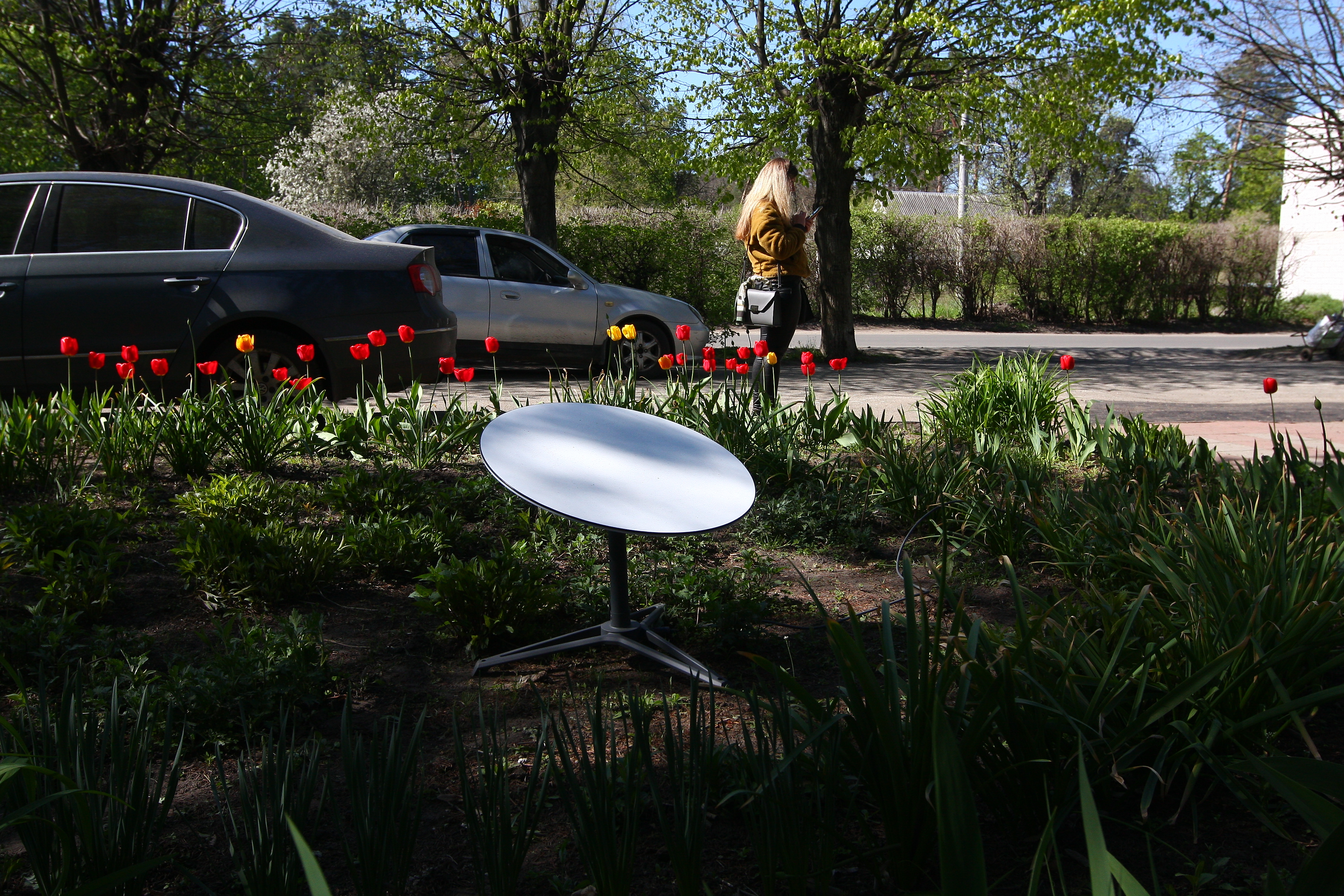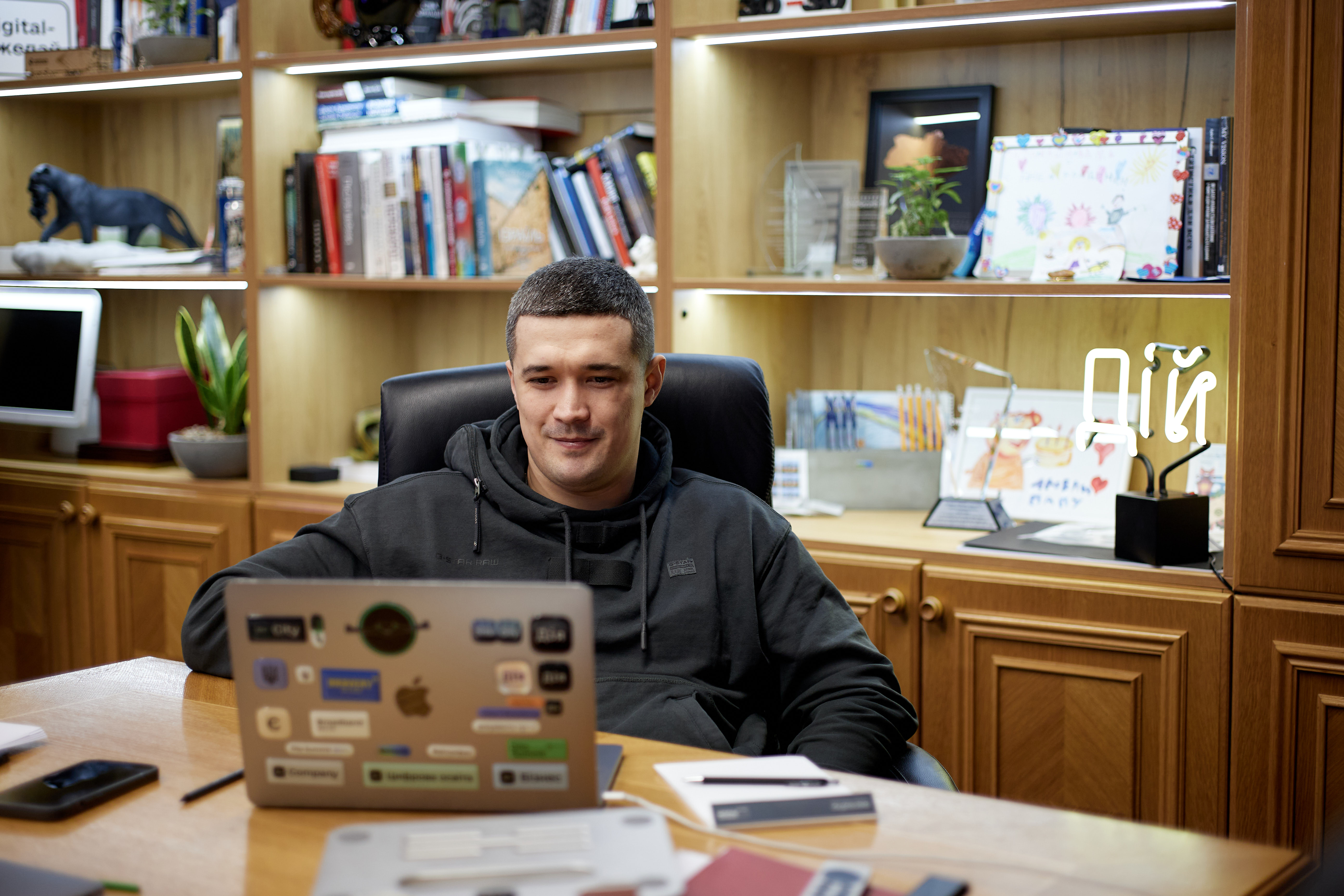Musk says he denied request to turn on Starlink in Crimea to prevent attack on Russia's fleet.
Elon Musk denied[1] that he had Starlink satellite communications deactivated near Crimea last year to disrupt a Ukrainian drone attack against Russian military ships, saying that they had not been active in this region in the first place. However, Musk also said he had received a request "from government authorities" to activate Starlink, operated by his spacecraft manufacturer SpaceX, "all the way to Sevastopol." He didn't specify who exactly had sent the request. "The obvious intent being to sink most of the Russian fleet at anchor.
If I had agreed to their request, then SpaceX would be explicitly complicit in a major act of war and conflict escalation," the billionaire claimed on his social media platform X, formerly known as Twitter. Musk also called on Russia and Ukraine "to agree to a truce," equating Ukraine's fight to liberate the occupied territories to the Russian unprovoked and brutal assaults. "Every day that passes, more Ukrainian and Russian youth die to gain and lose small pieces of land, with borders barely changing.
This is not worth their lives," he added.
How Elon Musk's Starlink satellite internet keeps Ukraine online Among the Ukrainian military, Elon Musk, the richest tech entrepreneur in the U.S., is often half-jokingly referred to as "Saint Elon." The reason is Starlink, Musk's satellite communication system that keeps many Ukrainians, most importantly the military, online despite power outages and Russia's...
 [2]
[2]
Musk's statement comes a day after CNN cited[3] an excerpt from an upcoming book by Walter Isaacson, saying that Musk had ordered his engineers to turn off Starlink near the occupied peninsula to prevent Ukrainian submarine drones from hitting Russia's Black Sea fleet. According to the author, Musk's decision was driven by fear of Moscow's nuclear retaliation, sparked by the billionaire's conversations with senior Russian officials.
SpaceX began providing[4] Ukraine with the Starlink satellite internet system shortly after the Russian full-scale invasion in February 2022. The system has been crucial[5] for providing communications for the Ukrainian military, as well as for energy, telecommunications, healthcare, and agricultural facilities in Ukraine. In October 2022, Musk said he could no longer keep Starlink in Ukraine operational due to high upkeep costs and requested[6] funding from the Pentagon.
The billionaire later changed[7] his statement and said Starlink will stay online regardless of the Pentagon's support. According to an article[8] by The New Yorker published on Aug.
21, Musk held conversations with Vladimir Putin - though the billionaire denied talking to the Russian president - which affected Musk's change of position regarding Ukraine.
How Ukraine's prodigy minister is innovating the battlefield Mykhailo Fedorov and his team "make things happen," Time magazine wrote when it selected Fedorov as one of its 100 emerging world leaders in September. "It is like it is in his DNA to take action," his profile read.
Fedorov, Ukraine's 31-year-old deputy prime minister and minister of digital
 [9]
[9]
References
- ^ denied (twitter.com)
- ^ How Elon Musk's Starlink satellite internet keeps Ukraine onlineAmong the Ukrainian military, Elon Musk, the richest tech entrepreneur in the U.S., is often half-jokingly referred to as "Saint Elon." The reason is Starlink, Musk's satellite communication system that keeps many Ukrainians, most importantly the military, online despite power outages and Russia's... (kyivindependent.com)
- ^ cited (kyivindependent.com)
- ^ providing (t.me)
- ^ crucial (kyivindependent.com)
- ^ requested (t.me)
- ^ changed (t.me)
- ^ article (www.newyorker.com)
- ^ How Ukraine's prodigy minister is innovating the battlefieldMykhailo Fedorov and his team "make things happen," Time magazine wrote when it selected Fedorov as one of its 100 emerging world leaders in September. "It is like it is in his DNA to take action," his profile read.
Fedorov, Ukraine's 31-year-old deputy prime minister and minister of digital
(kyivindependent.com)